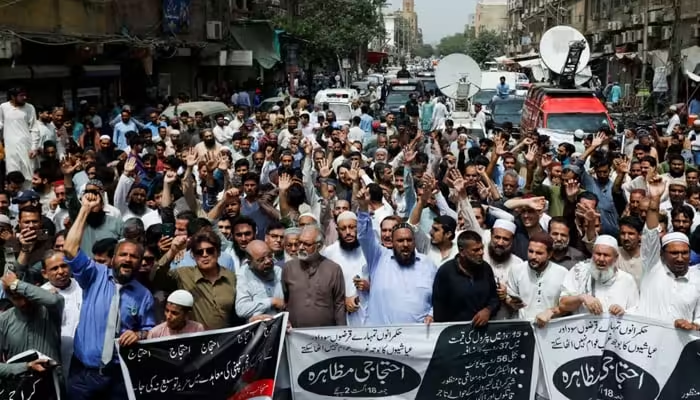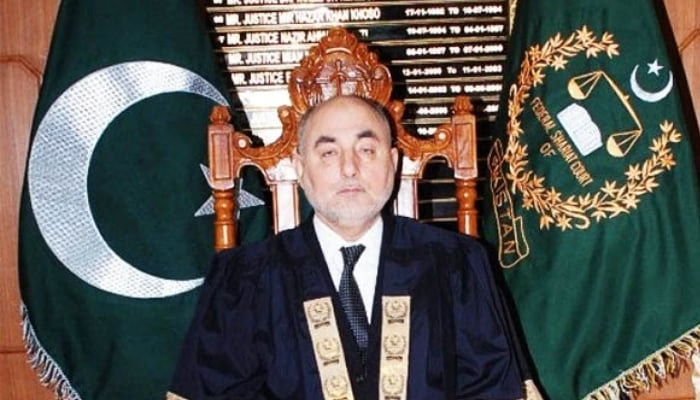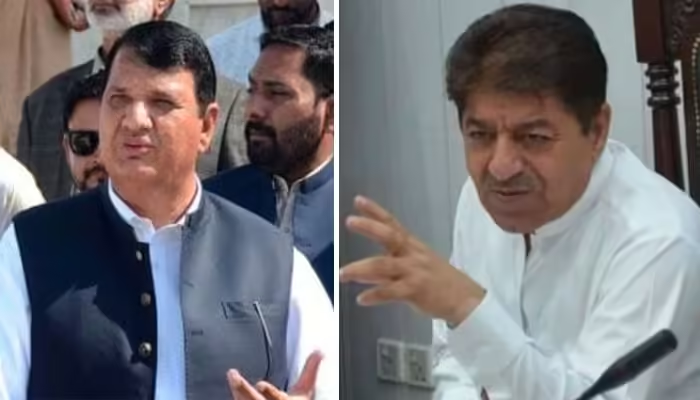In a significant revelation, Prime Minister Shahbaz Sharif announced that a staggering fraud of 800 billion rupees in tax refunds has been uncovered over the past four months. This revelation was made during an extensive meeting focused on the reforms and digitization of the Federal Board of Revenue (FBR).
Major Directives and Reforms
During the meeting, Prime Minister Shahbaz Sharif issued several key directives aimed at enhancing the efficiency and transparency of the FBR. One of the primary directives was to increase the number of Appellate Tribunals to 100 to expedite the resolution of tax cases. He also called for the creation of a performance monitoring dashboard for these tribunals.
Furthermore, the Prime Minister emphasized the need to fully digitize the Fraud Detection and Investigation Department of the FBR. He instructed that proposals for reforms in the Pakistan Revenue Automation Authority be submitted promptly.
Addressing Tax Refund Delays
Prime Minister Sharif highlighted the urgent need to eliminate delays in the payment of sales tax refunds. He pointed out that the digitization efforts of the FBR are already yielding positive results, as evidenced by the detection of the 800 billion rupee tax refund fraud.
“No delay will be tolerated in the payment of sales tax refunds,” the Prime Minister stressed. He underscored that improving the tax refund system is a priority and that significant revenue increases are possible through comprehensive reforms within the FBR. He expressed frustration over the unnecessary delays in many of the FBR’s reform-related projects.
Court and Tribunal Cases
The FBR briefing revealed that there are currently 83,579 cases worth 3.2 trillion rupees pending in various courts and tribunals. However, progress is being made, with 63 cases worth approximately 44 billion rupees resolved in the last four months. Additionally, the FBR has identified 49 lakh individuals who are capable of paying taxes but are not currently in the tax net.
The Prime Minister directed that efforts be prioritized to bring wealthy individuals and capitalists into the tax net, ensuring that no additional burden is placed on the poor.
Enhancing Taxpayer Registration and Systems
The meeting also discussed the success of the FBR’s Trader Dost app, which has registered 150,000 retailers. Work has commenced on the Customs Automated Entry-Exit System (AEES), which is expected to streamline customs processes.
A single sales tax return system is being introduced, initially implemented in the telecom sector. This system will connect the FBR with revenue authorities across the country, aiming to simplify and unify tax filing processes for businesses.
The Prime Minister directed that the AEES system be implemented at Gwadar Port and called for the single sales tax system to be extended to all taxpayers by October 2024.
Broader Impact and Future Steps
Prime Minister Sharif’s directives and the ongoing reforms reflect a concerted effort to modernize Pakistan’s tax system, enhance transparency, and combat fraud. The discovery of the massive tax refund fraud underscores the importance of these reforms and the need for continued vigilance.
The reforms, particularly the expansion of Appellate Tribunals and the digitization of fraud detection, are expected to significantly improve the efficiency of tax administration in Pakistan. The emphasis on integrating more affluent individuals into the tax net also highlights the government’s commitment to equitable tax enforcement.
Prime Minister Shahbaz Sharif’s recent announcements mark a significant step towards modernizing Pakistan’s tax system and combating fraud. The implementation of these reforms will be closely watched as the government seeks to enhance revenue collection and ensure fair taxation practices across the country.



